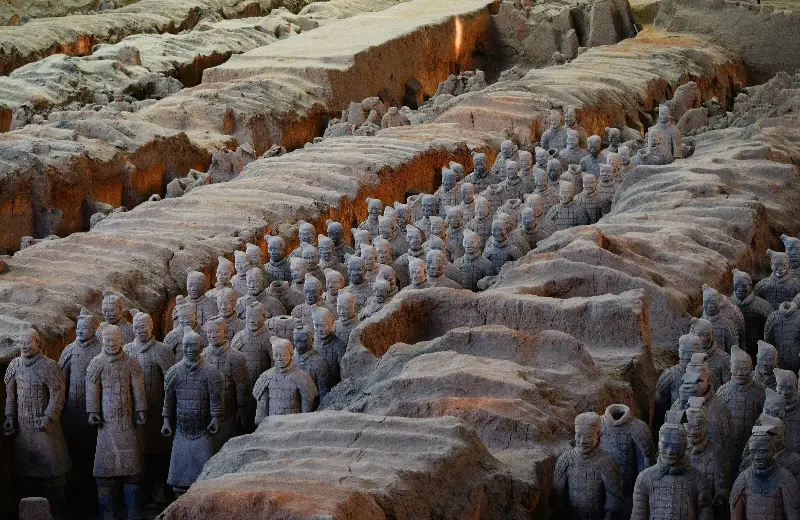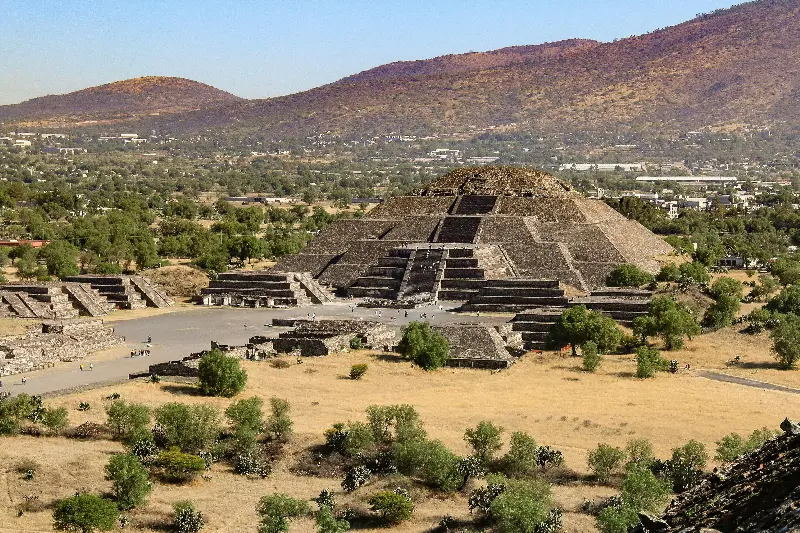
The world as we know it is built on layers of history, some still tucked away beneath the surface, waiting patiently to be unearthed. Time and again, destiny seems to guide the hands of ordinary people wielding a shovel, revealing hidden chapters of our collective story. These accidental archaeological finds have transformed what we know about ancient civilisations and have even challenged truths once set in stone.
From Garden Projects to Groundbreaking Revelations
For many, the act of digging is routine—a farmer planting crops, a family extending their home, a city worker repairing pipes. But every so often, such mundane efforts deliver extraordinary surprises.
Take the case of the Hoxne Hoard in England. In 1992, a farmer searching for a lost hammer stumbled upon a Roman treasure trove. Instead of the humble tool he sought, he unearthed over 15,000 ancient coins, silver spoons, and gold jewellery. A single moment of serendipity illuminated the wealth and chaos of Roman Britain in a way that no history book could.
Other times, discoveries emerge when the present meets the past out of necessity. In Xi’an, China, in 1974, farmers digging a well uncovered the now-iconic Terracotta Army guarding the tomb of Emperor Qin Shi Huang. The legion of clay soldiers, horses, and chariots astonished the world, rewriting our understanding of ancient Chinese craftsmanship and imperial ambition.

Myths Dispelled, Legends Made
Archaeological surprises have a knack for upending myths or confirming what legends long whispered. Imagine digging in your backyard and discovering the ruins of a lost civilisation—it's not just the stuff of novels, but genuine history.
- In 1976, during the construction of a new subway line in Mexico City, workers uncovered the buried heart of the Aztec city Tenochtitlan. Far from being entirely destroyed by Spanish conquistadors, much of the ancient city's centre was preserved just beneath the modern city’s bustling streets.
- The Rosetta Stone, which unlocked the secrets of Egyptian hieroglyphs, was found accidentally by Napoleon's soldiers in 1799 while fortifying a fort in Rosetta (Rashid), Egypt.
These accidental finds bridge gaps between past and present, offering intimate glimpses into lives once lost to time.
Lessons in Human Curiosity and Luck
Such stories remind us that history often hides in plain sight, waiting for curiosity—or necessity—to lift the veil. Each unplanned discovery teaches us something profound about the cultures that came before.
Here are a few ways these discoveries have reshaped knowledge:
- Changing Civilisation Timelines: The unintentional find at Göbekli Tepe in Turkey rewrote the origins of complex human societies, pushing back the date of monumental building by several millennia.
- Shattering Assumptions: The Sutton Hoo burial in England, revealed by a humble dig in 1939, transformed perceptions of so-called "Dark Age" Britain, showcasing its sophistication, wealth, and connection to Scandinavia.
- Forging Global Connections: Often, such finds show how ancient peoples traded across continents, inspiring a new view of early globalisation.
The most remarkable finds often come not from painstakingly planned digs, but from a twist of fate—and the open eyes of someone willing to pause and look.
